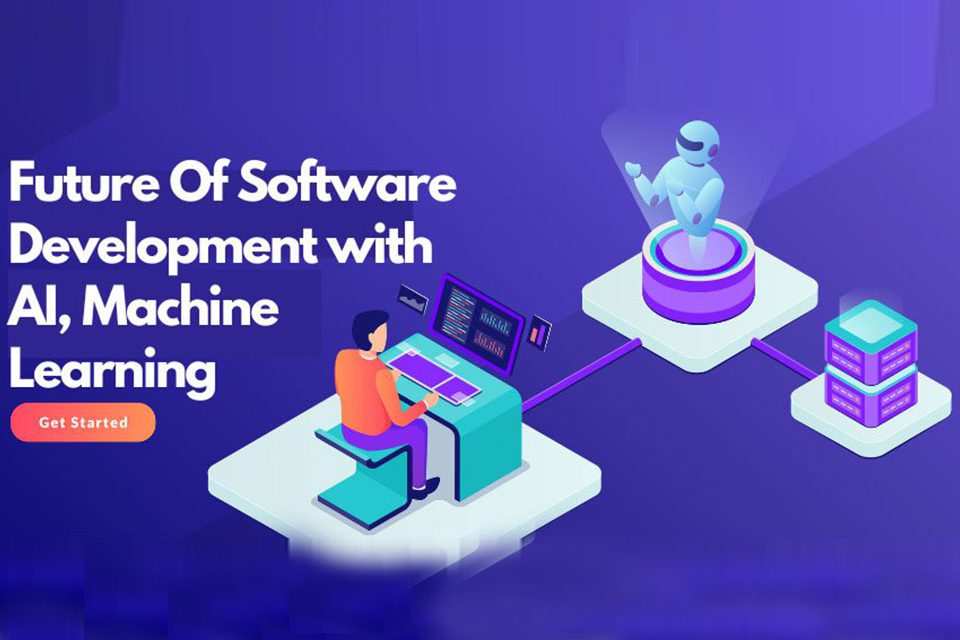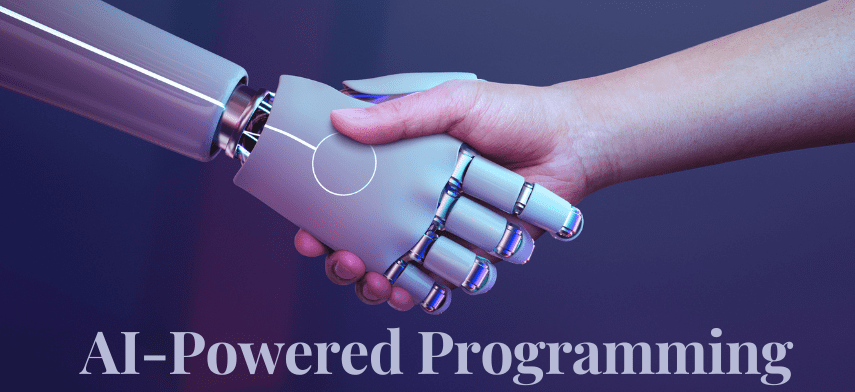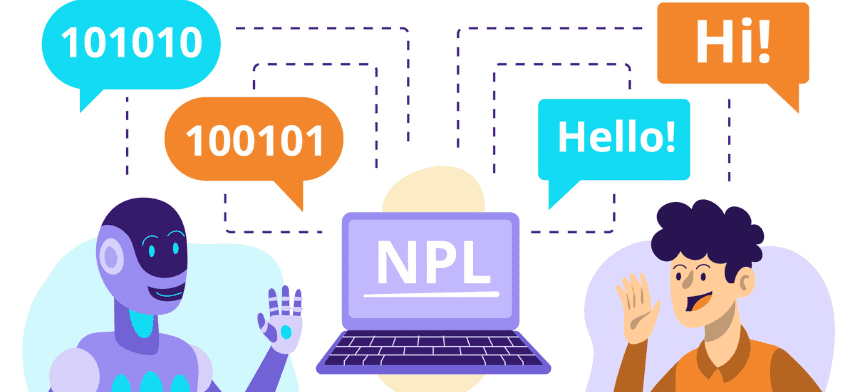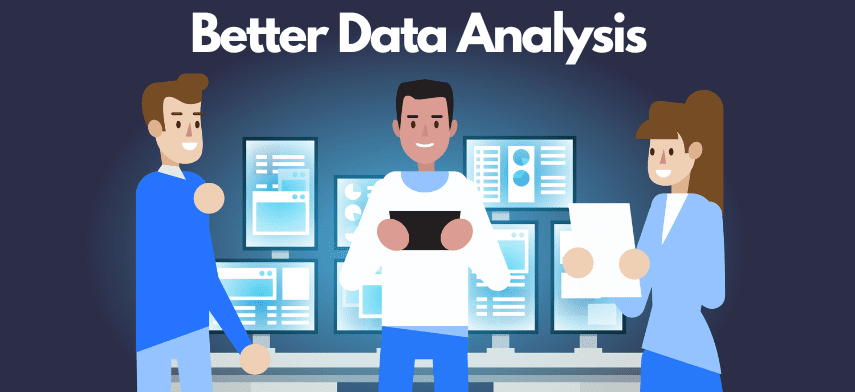- Home
- Services
-
-
Services
-
Industries
-
-
- Solutions
-
-
Solutions
-
Team Extension
Selling online exposes your business to a large market of individuals from all walks of life. The internet is the largest shopping market in history.
Hire a Dedicated Team
-
-
- Company
-
-
Company
-
Team Extension
With specialised teams and staff augmentation services, we assist worldwide industries, innovators, companies, and entrepreneurs in strengthening their development strength.
Hire a Dedicated Team
-
-
- Blog
- Contact Us
Future Of Software Development with AI, Machine Learning
Future Of Software Development with AI, Machine Learning

Table of Contents
The field of software development is constantly changing and has advanced significantly in recent years. The development, deployment, and maintenance of software have been completely transformed by the development of artificial intelligence (AI) and machine learning (ML). It’s exciting to think about how AI and machine learning will change the software development industry in the future. The software development industry has already begun to change as a result of AI and machine learning, and this transformation will continue in the years to come. We’ll talk about current trends, the potential effects of these technologies, and the future of software development in this blog.
AI-Powered Programming

The future of software development is already being shaped by the trend of AI-powered programming. AI-powered programming can find patterns in code and suggest changes to enhance performance with the aid of machine learning algorithms. By offering advice on how to optimise the code for better performance, spot bugs and errors, and cut down on the time and effort needed to write new code, this technology can assist developers in writing better code. Automating routine coding tasks like debugging, testing, and code refactoring is one of the most important advantages of AI-powered programming. Developers can concentrate on more difficult and imaginative tasks, like designing new features and enhancing user experience, by automating these tasks.
Intelligent Automation
Another development that is anticipated to influence software development is intelligent automation. It entails the automation of repetitive tasks like software testing, deployment, and monitoring through the use of AI and machine learning. By reducing the time and effort needed for these tasks, this technology can also increase the process’ accuracy and efficiency.
Additionally, intelligent automation can lower the chance of errors and raise the calibre of the software. Developers can guarantee that the software is thoroughly tested, deployed properly, and continuously monitored by automating these tasks.
Predictive Analytics
Another area where AI and machine learning are anticipated to have a significant impact on software development is predictive analytics. With the aid of machine learning algorithms, this technology analyses data to find patterns that can be used to predict what will happen in the future.
Predictive analytics can be applied to software development to forecast demand for new features, identify potential bugs and errors, and predict user behaviour. The software can be made better overall by using this data to prioritise development tasks, allocate resources, and so on.
Natural Language Processing

A subfield of AI called “Natural Language Processing” (NLP) is concerned with how computers and human language interact. NLP enables developers to create software that can comprehend and respond to human language, simplifying user interaction with the system.
NLP can be applied in a number of contexts, including chatbots, virtual assistants, and voice-activated software. Additionally, it can be used to increase search engine accuracy, facilitating users’ access to the data they require.
Continuous Integration and Deployment
Software development methodologies such as Continuous Integration (CI) and Continuous Deployment (CD) automate the process of developing, testing, and deploying software. These procedures are necessary to guarantee high software quality, prompt software release, and user satisfaction.
By automating testing, finding bugs and errors, and suggesting changes to the code, AI and machine learning can increase the effectiveness of CI/CD. By doing so, you may be able to speed up the process of developing software while also raising its quality.
Improved Security
Software developers are very concerned about security, which is something that AI and machine learning can help with. Developers can analyse data and find patterns and anomalies in the code that might point to a security breach with the aid of machine learning algorithms. By doing so, you can make sure the software is safe and secure and aid in the detection and prevention of cyberattacks.
The accuracy of security measures like authentication and encryption can also be increased with the aid of AI and machine learning. AI can assist in identifying patterns in user behaviour that can be used to detect unauthorised access attempts and notify the system administrator. The same is true for encryption algorithms, which can be strengthened by machine learning algorithms to make them more difficult for hackers to break.
Increased Personalization
As users expect software to be customised to their unique needs and preferences, personalization is becoming more and more crucial in software development. By examining user data and behaviour and producing individualised recommendations and suggestions, AI and machine learning can assist in achieving this.
For example, a music streaming service might make recommendations for new songs or artists based on an analysis of a user’s listening patterns. Similar to this, an e-commerce platform may employ machine learning to examine a user’s past browsing and purchasing activity and make recommendations for goods that are pertinent to their interests.
Better Data Analysis

Data analysis is an essential component of software development because it enables programmers to better understand user behaviour and enhance software performance. By automating the process and identifying patterns and insights that may be challenging for humans to notice, AI and machine learning can help to improve the accuracy and efficiency of data analysis.
AI can be used, for instance, to analyse customer feedback and find recurring themes or problems that need to be resolved. Large datasets can be analysed using machine learning algorithms to find trends and patterns that can be used to enhance the software.
Improved User Experience
The success of software is heavily influenced by the user experience, which AI and machine learning can help to enhance. The behaviour and preferences of users can be studied by developers to produce software that is more intuitive and user-friendly.
AI, for instance, can be used to tailor the user interface based on the preferences of the user, making it simpler for them to use the software. In order to better understand user interactions and pinpoint areas for improvement, machine learning algorithms can also be used.
Increased Efficiency
Finally, by automating repetitive tasks and lowering the time and effort needed for software development, AI and machine learning can help to increase the efficiency of software development. This can speed up the development of software, lower costs, and improve quality.
AI, for instance, can be used to automate software testing, saving time and effort compared to manually testing the software. In order to help developers quickly fix bugs and errors in their code, machine learning algorithms can also be used to find them.
Conclusion
Artificial intelligence (AI) and machine learning are expected to change software development in the future. By automating repetitive tasks, enhancing the precision and effectiveness of data analysis, modifying the user experience, and improving software development’s overall effectiveness, these technologies can help. We can anticipate even more noteworthy changes and advancements in the software development sector as technology develops further.

